The angel is the Holy Mother of the Land, a spiritual and mysterious figure, existing in many legends and in the beliefs of the people. According to some researchers, the image of the Holy Mother of the Land (playing the role of a Mother Earth) is an affirmation of territorial sovereignty by "attracting" the gods to their side of the Vietnamese community. That value is still preserved to this day, when the image of this mother has never diminished in the minds of local residents and many other subjects. This is clearly shown in the couplet: "Cầu tất ứng, thi tất linh, mong trung chi thi/ Xiem kha vien, Thanh kha mo, ý ngoai nan luong" (Pray to her and she will be answered, she will be given, she will be given, she will be given a sign in a dream/ The Siamese are terrified, the Thanh people respect, it is unimaginable).
The god Thoai Ngoc Hau is a real person, who organized the construction of roads, dug canals, expanded hamlets, developed production, protected the border, and brought peace and prosperity to the people. According to An Giang Gazetteer, Thoai Ngoc Hau (1761 - 1829) was from Dien Phuoc district (Quang Nam province), now Son Tra district (Da Nang city), and came from a family of low-ranking officials. At the end of Lord Nguyen Phuc Khoat's reign, he and his family moved to Thoi Binh village, Vung Liem district (Vinh Long province). In 1777, he accompanied Nguyen Anh to Siam and Laos and made many achievements, became a Commander-in-Chief, and was awarded the title Ngoc Hau.
Ceremony to invite the divine decree
Dr. Duong Thi Ngoc Minh (Soc Trang Province Political School) asked the question: "Why did King Gia Long assign Thoai Ngoc Hau to be in charge of digging Thoai Ha canal, while he was busy with many court affairs?" At the same time, after researching, there was a quite convincing answer: Having worked in the navy for many years, he had a lot of experience in water management, building dams, building warships and training sailors. Thanks to this experience in water, Dong Xuyen port was quickly completed. When drawing a map and presenting it to King Gia Long for his review, the king was very pleased. To recognize his achievements, King Gia Long named the river Thoai Ha after him and named the mountain Thoai Son. This was indeed a great honor for Thoai Ngoc Hau's hard work in digging the canal connecting the two provinces of An Giang - Ha Tien at that time, in order to strengthen national security and defense, and develop the economic and commercial development in the region.
Throughout his life, Thoại Ngọc Hầu devoted himself to the people and the country, as a talented, diligent, and compassionate mandarin. His contributions were important in the construction, planning, and protection of the national border in the early 19th century. Among those important contributions, Vĩnh Tế Canal was considered a strategic project, becoming a solid “shield” to protect the national border from foreign prying eyes.
In addition to worshiping the Holy Mother of the Land, the altar of Thoại Ngọc Hầu and his two wives, as well as the ancestors and descendants, reflects the community's spirit of "remembering the source of water when drinking". This is a manifestation of patriotism - a fine cultural tradition of the Vietnamese people. This tradition is most clearly expressed through the ritual: At exactly 3:00 p.m. on May 22 (April 25 of the lunar calendar), the ceremony to invite the royal decree of Thoại Ngọc Hầu from the tomb to the temple of Bà Chúa Xứ on Sam mountain is held, becoming an important part of the annual Via Bà Festival.
The ceremony of requesting the decree is the ritual of inviting the tablets of Mr. Thoai Ngoc Hau, Mrs. Chau Thi Te, and Mrs. Truong Thi Miet from Thoai Ngoc Hau Tomb to Ba Chua Xu Temple. The two locations are a few dozen steps apart. Historical records show that Mrs. Chau Thi Te built a temple to worship Ba Chua Xu of Sam Mountain. The act of inviting these tablets to the temple is not only a ritual to remember and honor the name of Thoai Ngoc Hau, but also a bridge for the gods to protect the people together.
In addition to the famous god Thoai Ngoc Hau, going back in history, An Giang also remembers the merits of many people. In 1699, Nguyen Huu Canh obeyed the order of Lord Nguyen to lead troops to the Southwest to defeat the Khmer invaders, protect the border, and stabilize the peaceful life of the people. The people of An Giang remembered his gratitude, so they built many temples to commemorate him (Ong temple in Cho Moi, Chau Phu temple in Chau Doc)...
In 1757, Lord Nguyen sent Nguyen Cu Trinh to establish Chau Doc Dao, along with Tan Chau Dao and Dong Khau (Sa Dec) Dao. From here, this land was established as an administrative unit, with a military organization to protect security and order. Production and trade were also given attention and development orientation. The situation of migrants living on their own, exchanging and trading goods and products for a long time on the vast but barren land stretching from the banks of the Hau River to the foot of the That Son range gradually improved, people's lives were stabilized and improved, no longer having to confront harsh nature, bandits coming to rob, and enemies crossing the border to harass.
After conquering the harsh nature, protected by the Nguyen Dynasty soldiers, the people with their will and strength of arms turned the dangerous land into a peaceful one, turned the swamp into rice fields, turned the reeds into fruit gardens, turned the wild forests into villages. Migrants from many places poured into the potential land to reclaim the wasteland and live in increasing numbers. The Vietnamese from the five Guangs entered, the Chinese who opposed the Qing and restored the Ming sailed to the South, the Cham people from Cambodia fled, together with the Khmer people from Chenla, forming a population of four ethnic groups, forming a rich and diverse life from culture, beliefs to production styles and settling down on the new land.
The great contribution of the Ba Chua Xu Festival in Sam Mountain is that it contains traditional historical values, moral values and profound cultural values. It is the consciousness of “remembering the source when drinking water”, looking back to the source, honoring those who have contributed to the people and the country, typically the story of angels and gods. People place their faith in it, and faith is the strength that helps people transcend worldly life, sublimate spiritual life from one generation to the next.
GIA KHANH
Source: https://baoangiang.com.vn/tin-nguong-tho-thien-than-gan-ket-nhan-than-a421927.html


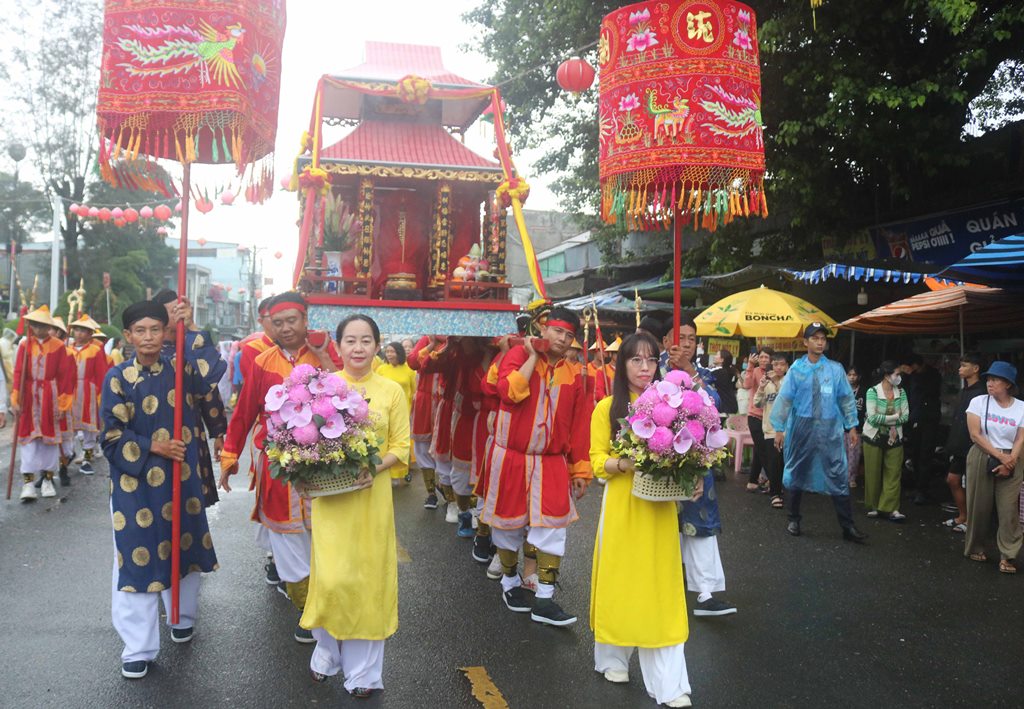




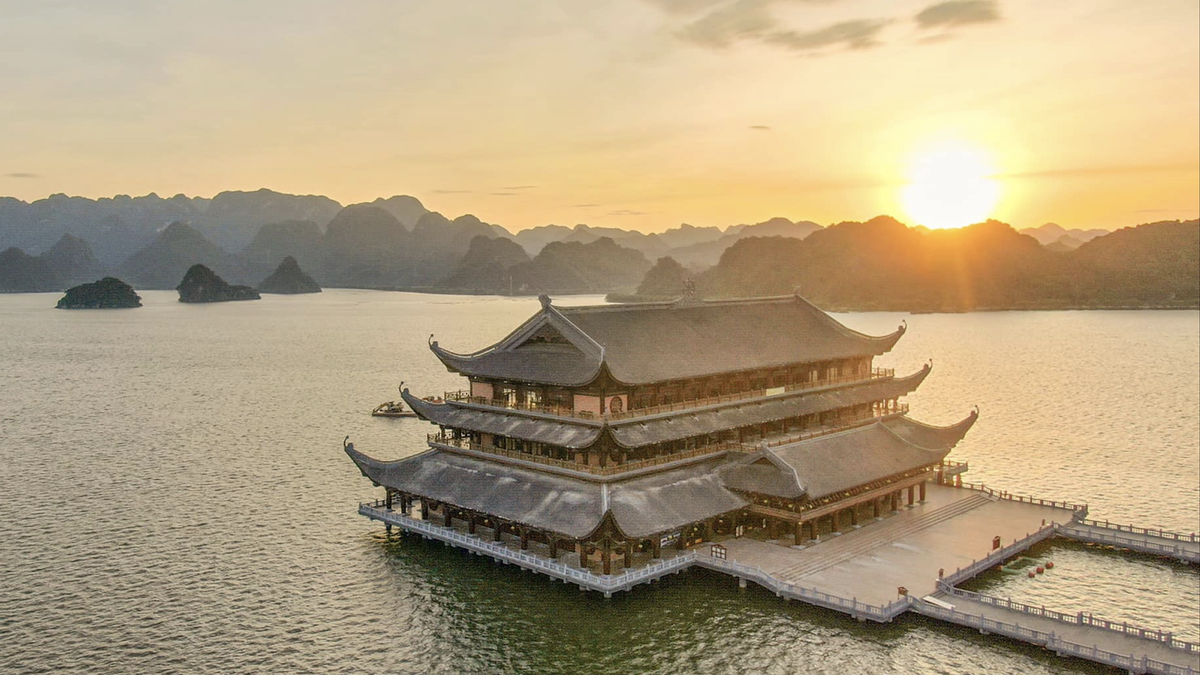

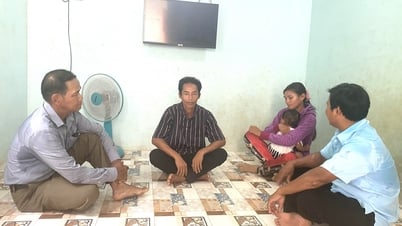

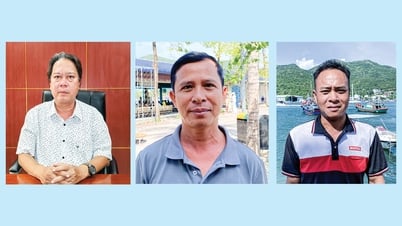
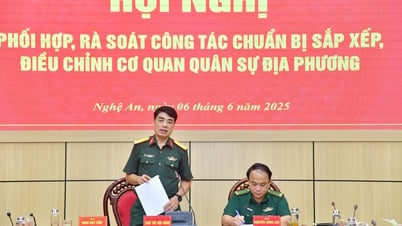

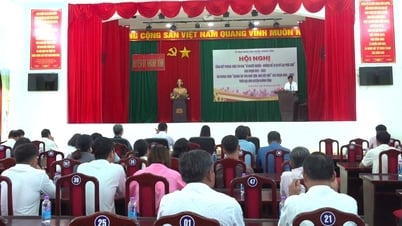
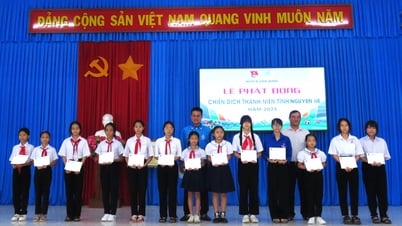
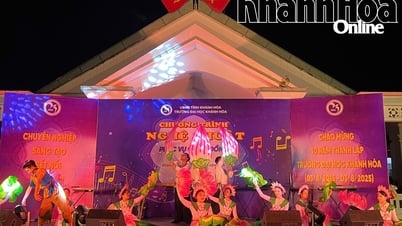




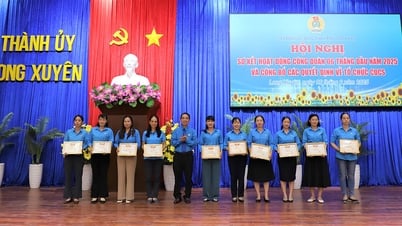
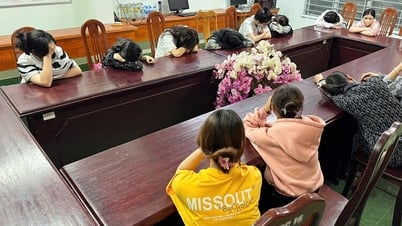
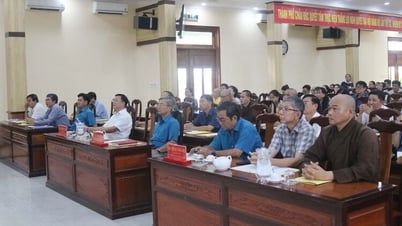
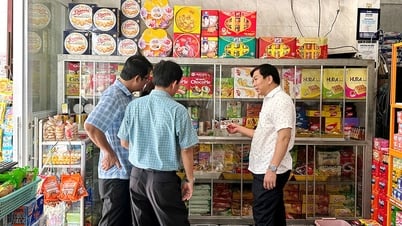
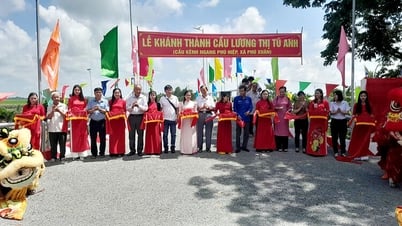
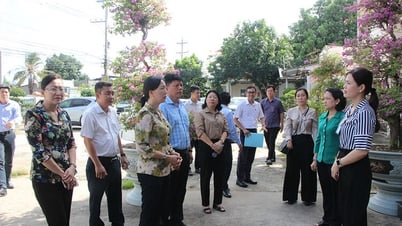


![[Photo] President Luong Cuong works with Hung Yen and Thai Binh Provincial Party Committees on implementing Resolution of the 11th Central Conference, 13th tenure](https://vphoto.vietnam.vn/thumb/1200x675/vietnam/resource/IMAGE/2025/6/6/127b735d2761484d81dcee0d7725a25b)
![[Photo] General Secretary To Lam receives Korean Ambassador to Vietnam](https://vphoto.vietnam.vn/thumb/1200x675/vietnam/resource/IMAGE/2025/6/6/a0765b7543784cbcbfe4755b67d43ab4)




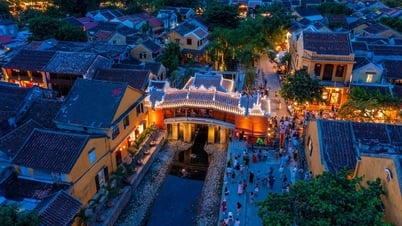























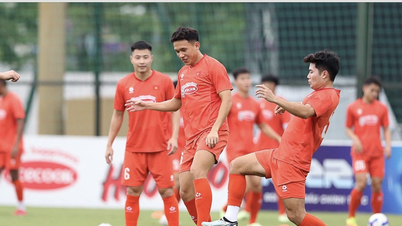
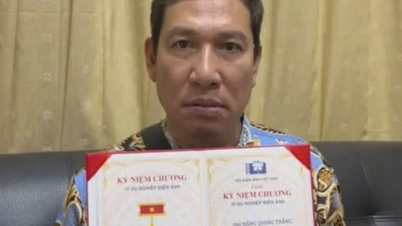

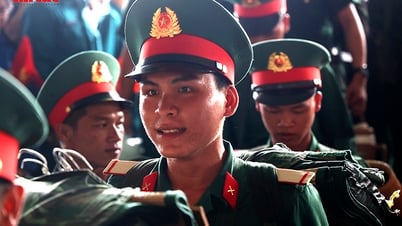
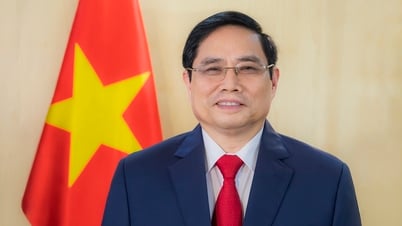

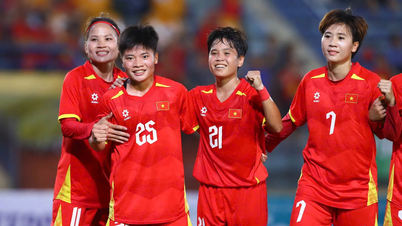
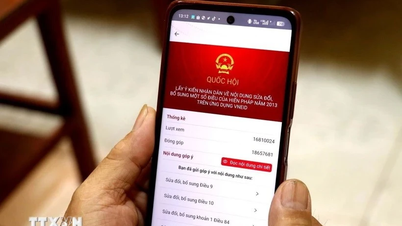

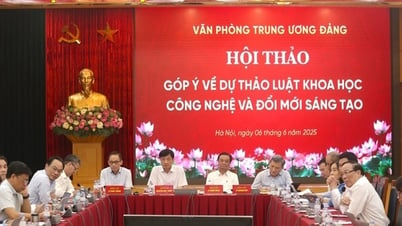

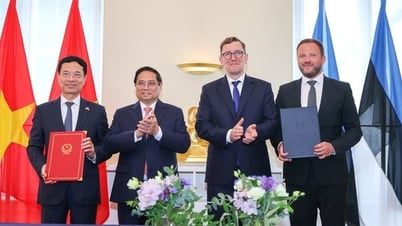
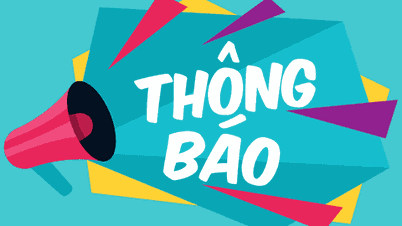

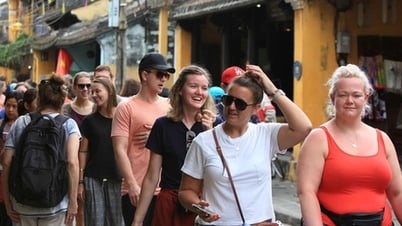


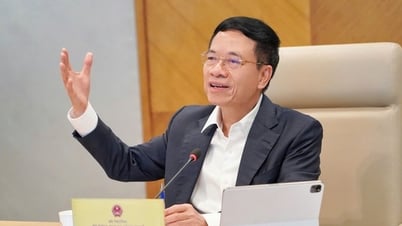
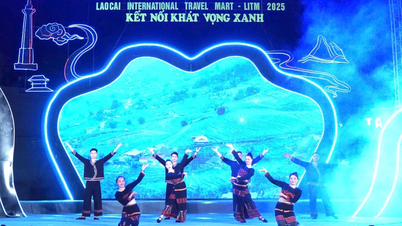

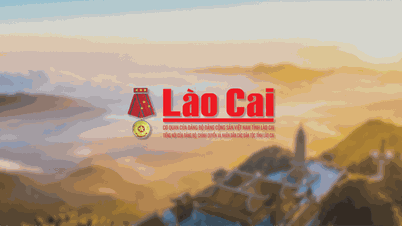
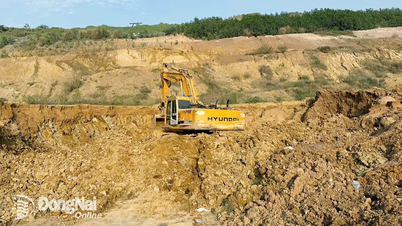

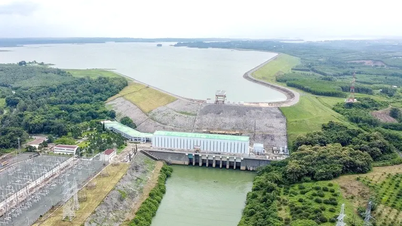
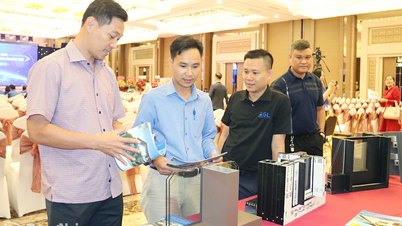




![[OCOP REVIEW] Tu Duyen Syrup - The essence of herbs from the mountains and forests of Nhu Thanh](https://vphoto.vietnam.vn/thumb/402x226/vietnam/resource/IMAGE/2025/6/5/58ca32fce4ec44039e444fbfae7e75ec)







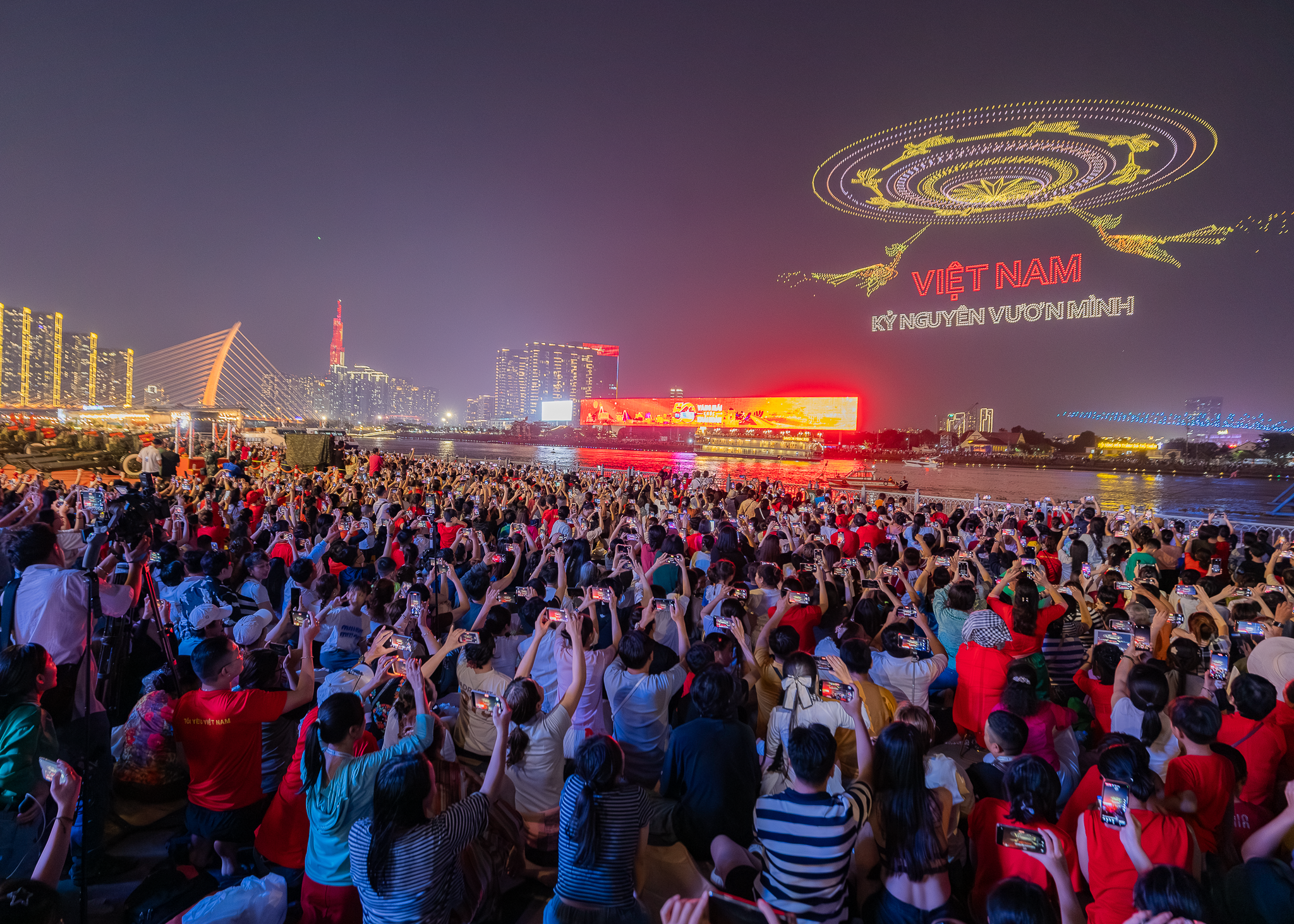
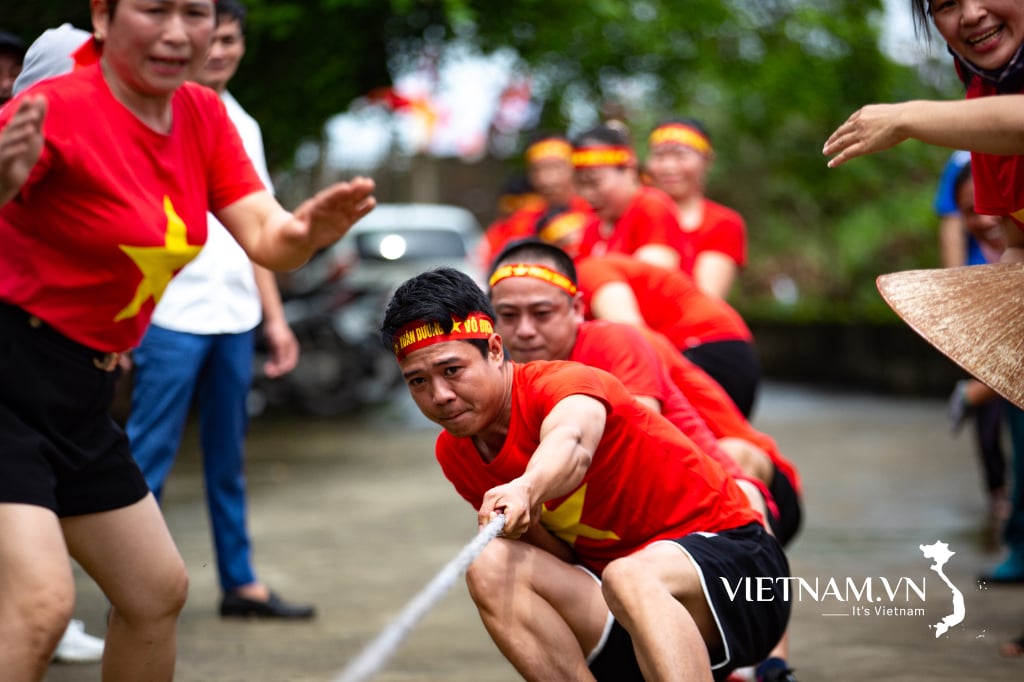
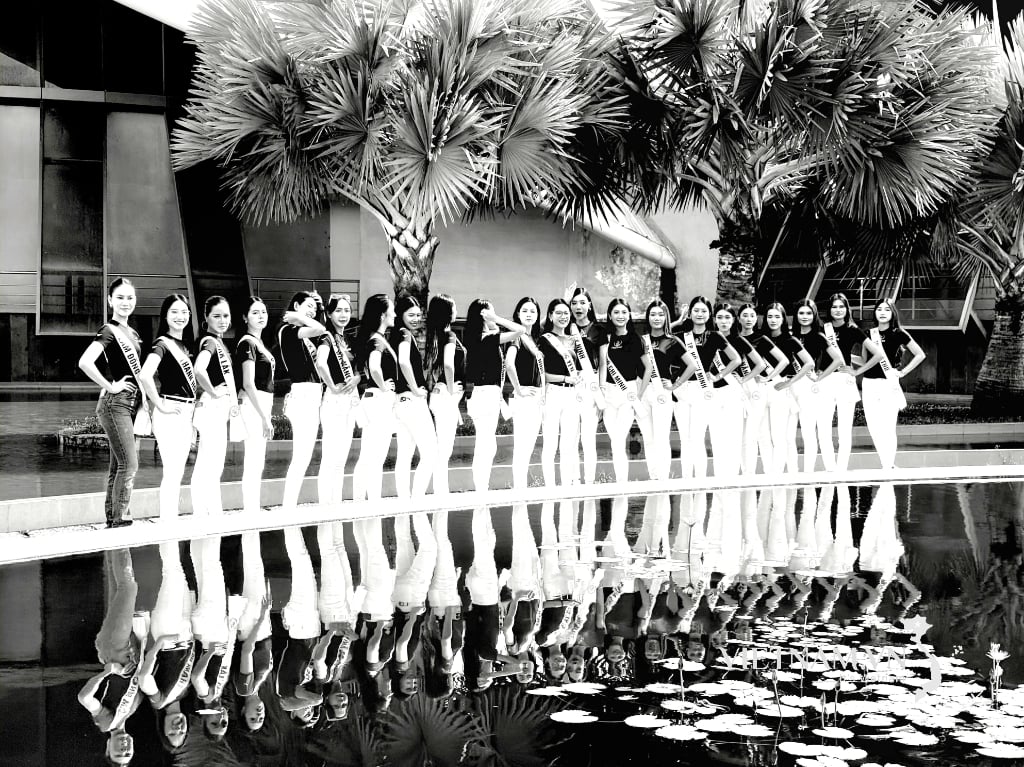
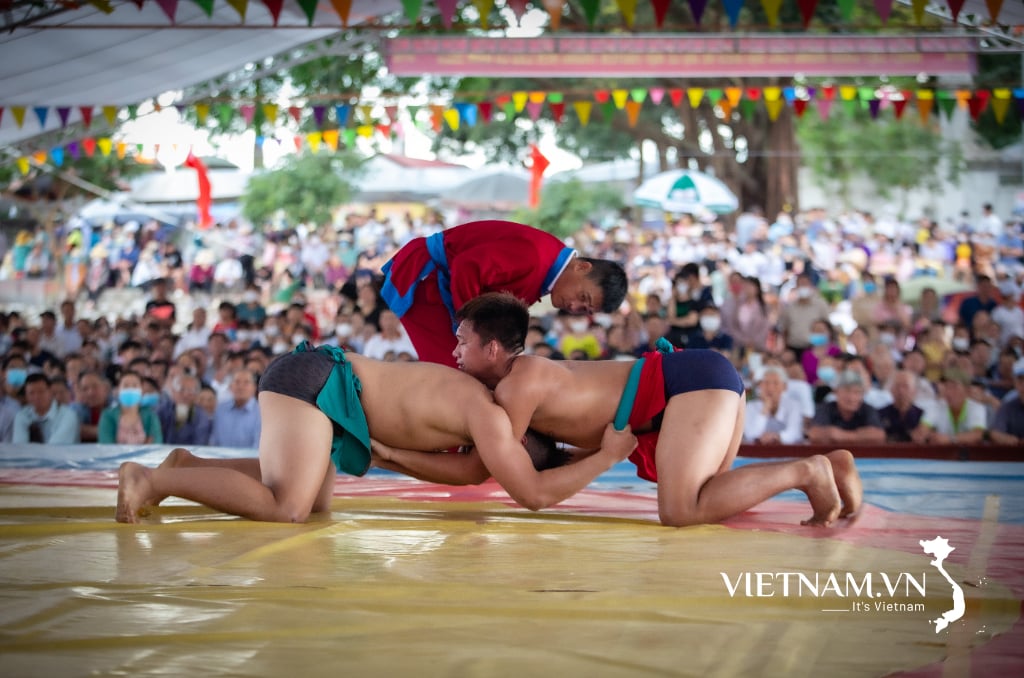
Comment (0)